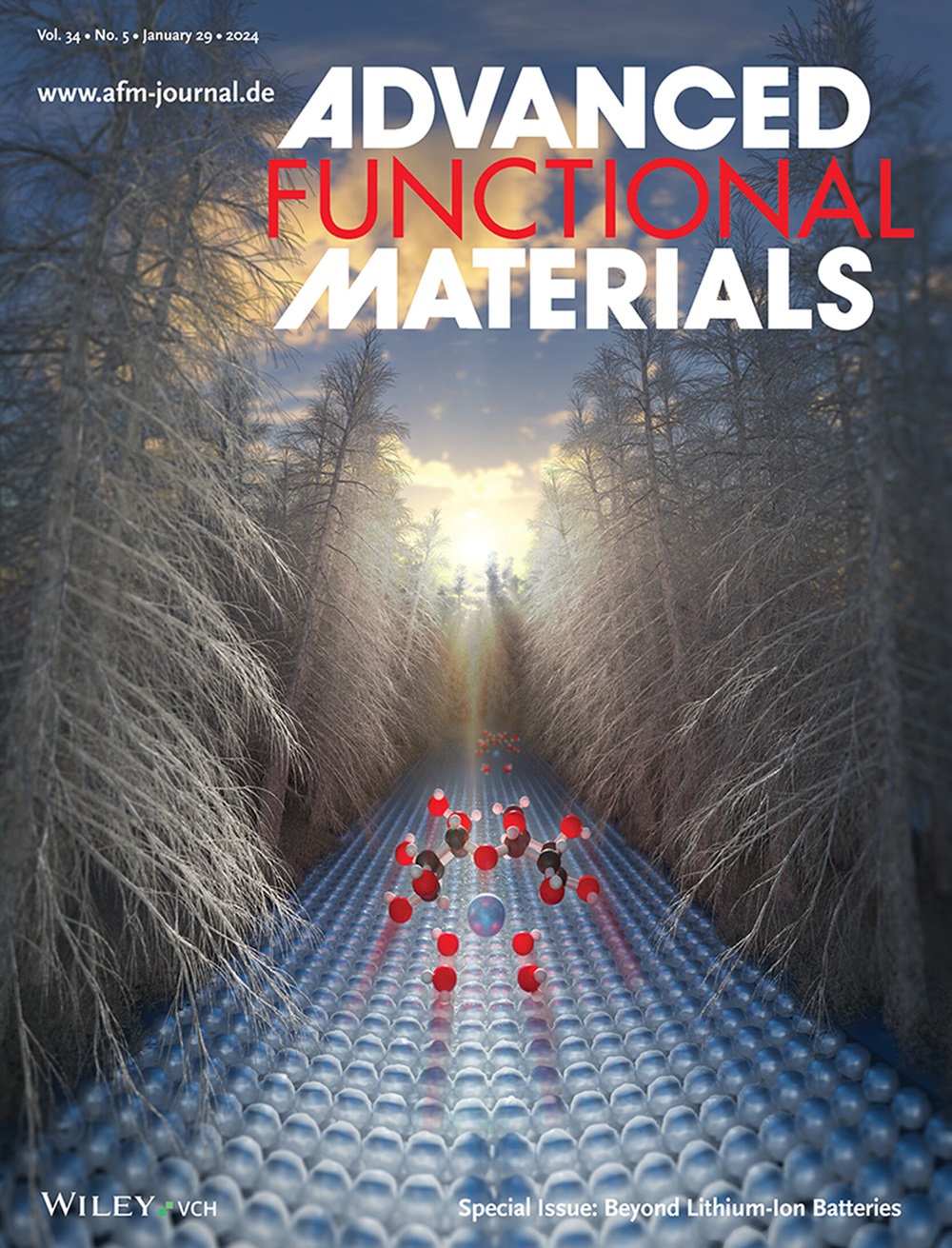Immunomodulation and Fibroblast Subtype Regulation by a Photoliquefiable Hydrogel Realize Anti‐Scar Skin Regeneration of Refractory Infected Wounds
IF 19
1区 材料科学
Q1 CHEMISTRY, MULTIDISCIPLINARY
引用次数: 0
Abstract
Effective wound repair and preventive strategies against scarring remain challenging especially for chronic refractory wounds, as aberrant healing often encounters with persistent bacterial infection, extensive inflammatory response, impaired angiogenesis, and fibrotic scar formation. Herein, a photoliquefiable hydrogel dressing (denoted as PCS gel) is proposed as promising therapeutic strategy for rapid anti‐scar skin regeneration of refractory wounds. Specifically, the gel exerts robust antibacterial effect via mild thermogenesis for multidrug‐resistant biofilm eradication, and timely regulates tissue redox homeostasis. Upon efficient alleviation of local immoderate inflammation, PCS gel fosters a favorable pro‐regenerative microenvironment by bridging swift transition of the inflammatory stage to the proliferative stage, and thus significantly promotes neoangiogenesis as well as epithelialization. Importantly, the gel simultaneously alters pro‐regenerative fibroblast subpopulations by effective suppression of CD36 receptor during this stage, and hence blocks光溶性水凝胶的免疫调节和成纤维细胞亚型调节实现难治性感染创面的抗疤痕皮肤再生
有效的伤口修复和预防疤痕形成的策略仍然具有挑战性,特别是对于慢性难治性伤口,因为异常愈合通常会遇到持续的细菌感染,广泛的炎症反应,血管生成受损和纤维化疤痕形成。本文提出了一种可光液化的水凝胶敷料(简称PCS凝胶)作为治疗难治性伤口的快速抗疤痕皮肤再生的有前途的治疗策略。具体而言,该凝胶通过温和的产热作用对多药耐药生物膜的清除产生强大的抗菌作用,并及时调节组织氧化还原稳态。在有效缓解局部过度炎症后,PCS凝胶通过连接炎症阶段到增殖阶段的快速过渡,培养了一个有利的促再生微环境,从而显著促进新血管生成和上皮化。重要的是,凝胶在这一阶段通过有效抑制CD36受体同时改变促再生成纤维细胞亚群,从而阻断JUN过表达介导的真皮纤维化瘢痕形成。值得注意的是,通过对小鼠感染伤口模型(包括急性伤口、糖尿病慢性伤口)和兔耳增生性疤痕伤口模型的全面测试,PCS凝胶在生热作用下促进了正常皮肤样上皮的快速闭合,没有明显的增生性疤痕。因此,我们的工作强调了通过PCS凝胶平台进行免疫调节和成纤维细胞谱系调节的有前途的再生策略,用于快速抗疤痕伤口修复。
本文章由计算机程序翻译,如有差异,请以英文原文为准。
求助全文
约1分钟内获得全文
求助全文
来源期刊

Advanced Functional Materials
工程技术-材料科学:综合
CiteScore
29.50
自引率
4.20%
发文量
2086
审稿时长
2.1 months
期刊介绍:
Firmly established as a top-tier materials science journal, Advanced Functional Materials reports breakthrough research in all aspects of materials science, including nanotechnology, chemistry, physics, and biology every week.
Advanced Functional Materials is known for its rapid and fair peer review, quality content, and high impact, making it the first choice of the international materials science community.
 求助内容:
求助内容: 应助结果提醒方式:
应助结果提醒方式:


